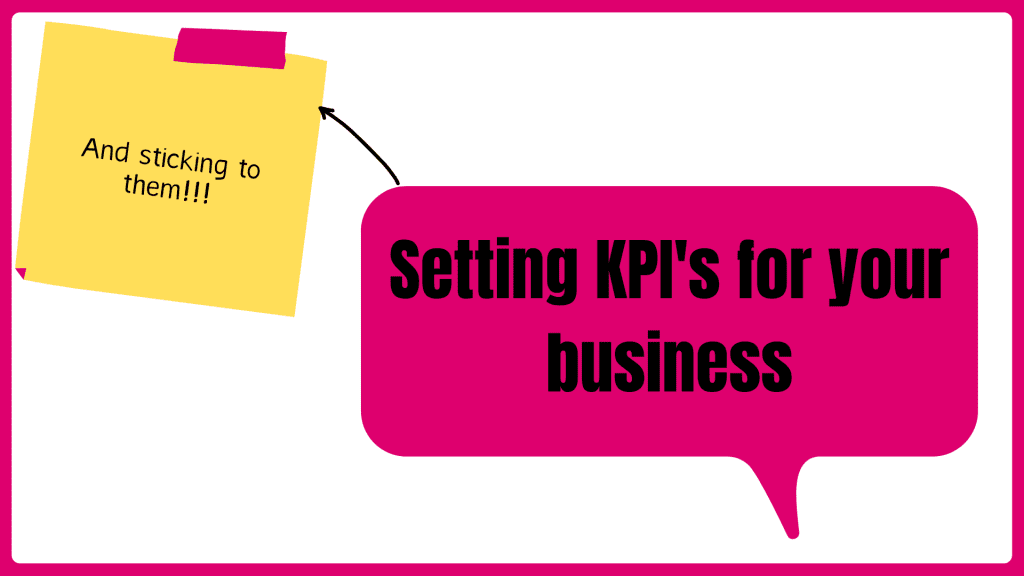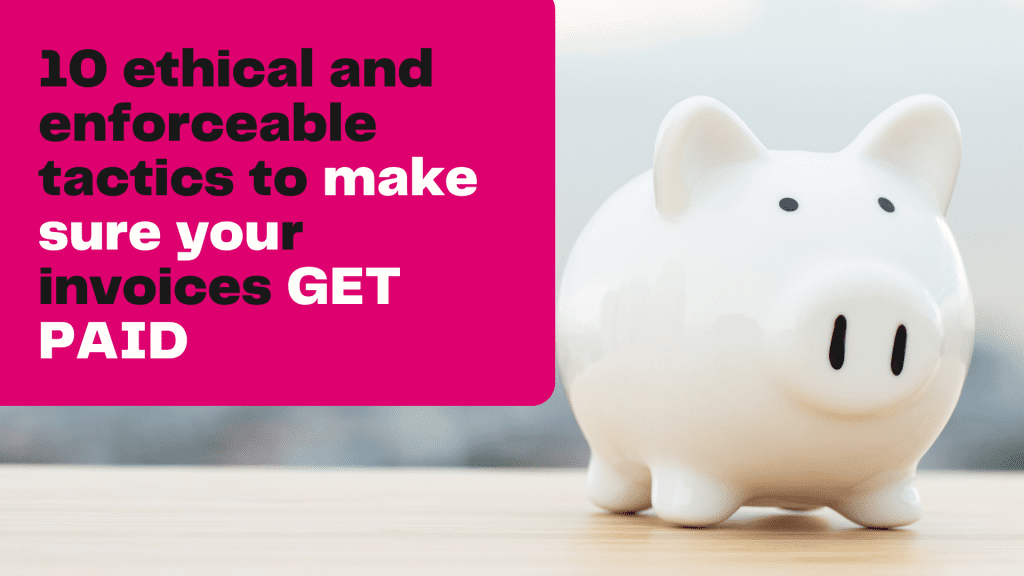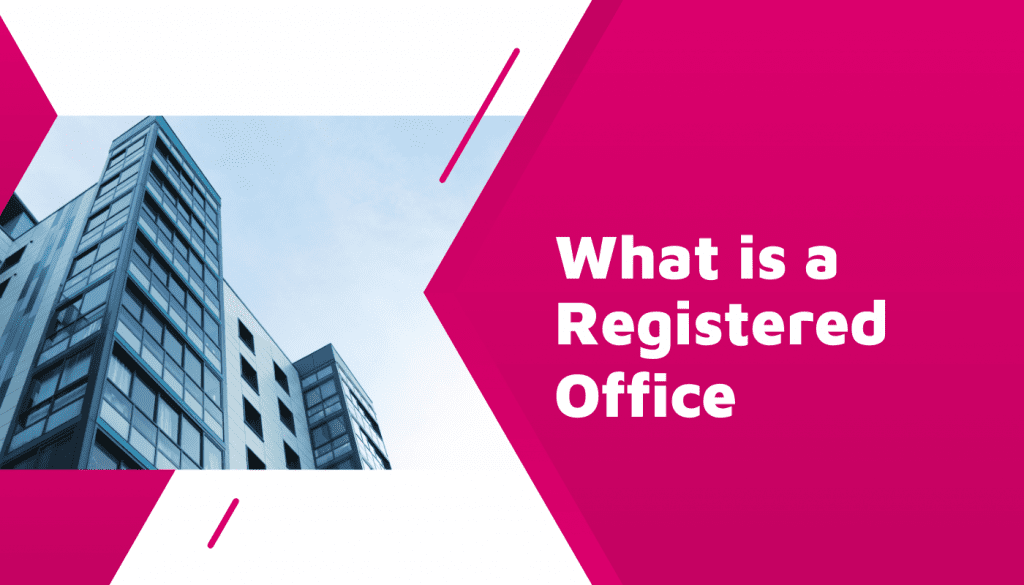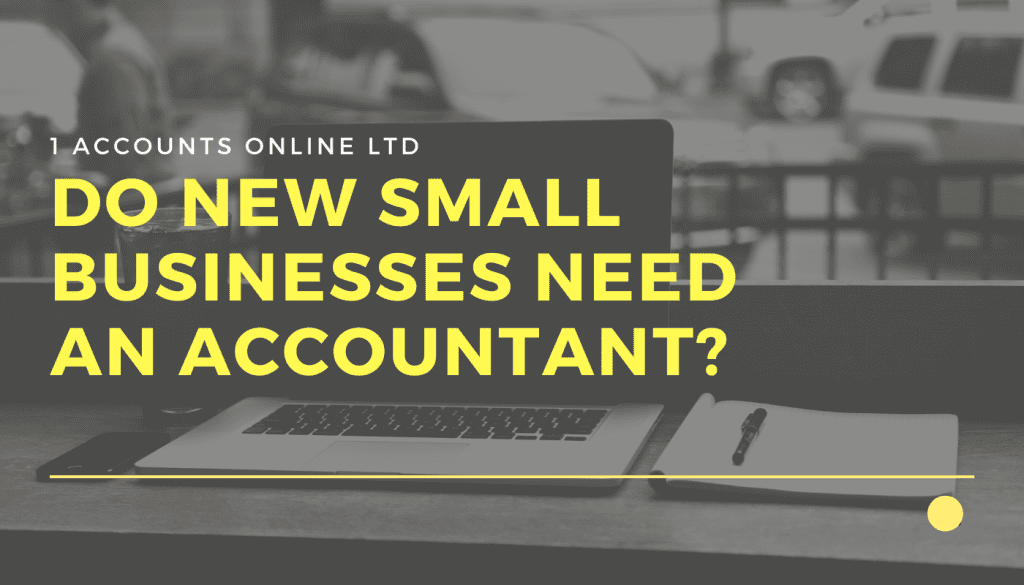
KPIs (Key Performance Indicators) are metrics that tell you if what you’re doing is working or not. As you can…

KPIs (Key Performance Indicators) are metrics that tell you if what you’re doing is working or not. As you can…

In today’s competitive business world, it is not uncommon for people to do their own bookkeeping and accounting. There are…

Wouldn’t life be simple if you could guarantee that your invoice would get paid on time every time? Sadly, this…

What exactly is a registered office? A registered office is the address which your Limited Company is registered to. This…

If you want to build your business (not your workload) and you want to spend time on doing the things…

Each year HM Revenue & Customs (HMRC) undertake an enormous number of tax enquiries into individuals and businesses to check…

“You can take a dividend” – That’s great, but what is a dividend? The business world can be a big…

According to business start-up statistics in the UK, 20% of businesses fail in their first year and around 60% will…

Would you trust your life to someone who was not a doctor? Would you be defended in court without a…
Working from home relief = FREE CASH Due to the current pandemic, many businesses have been working from home this…